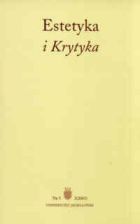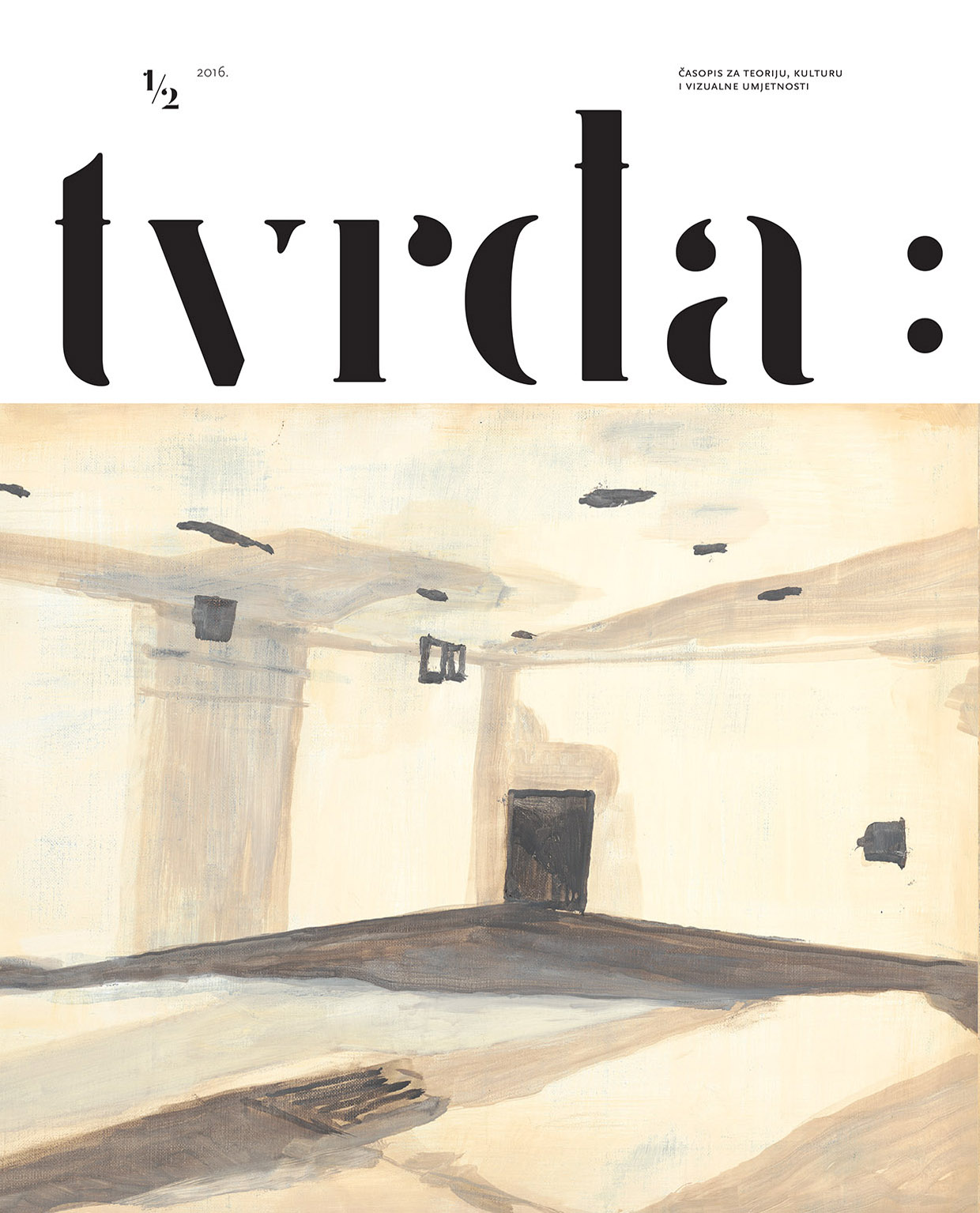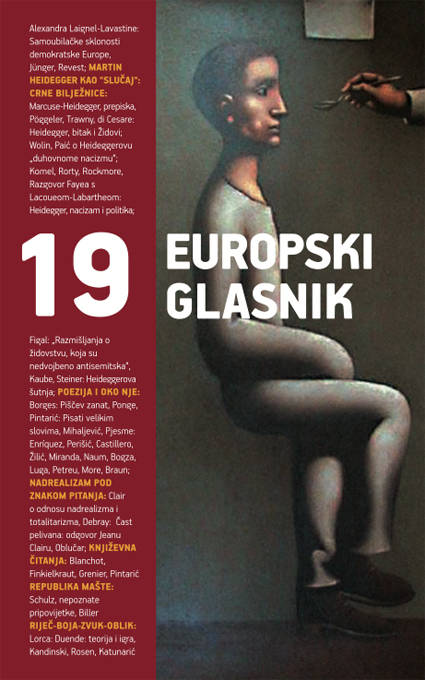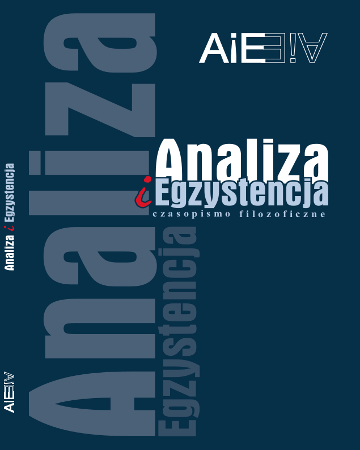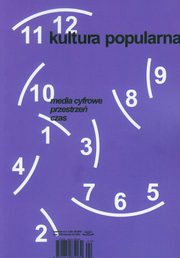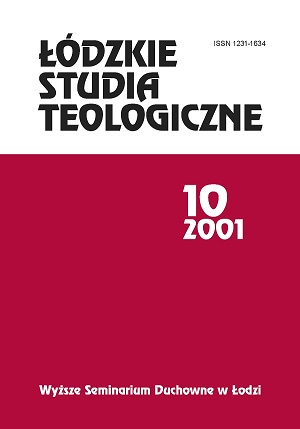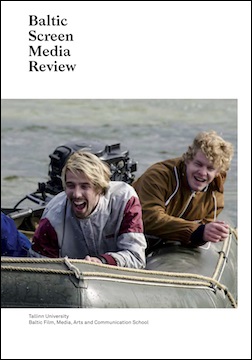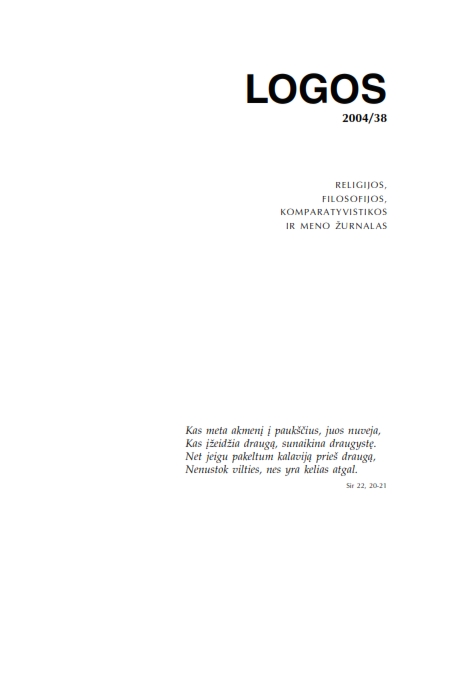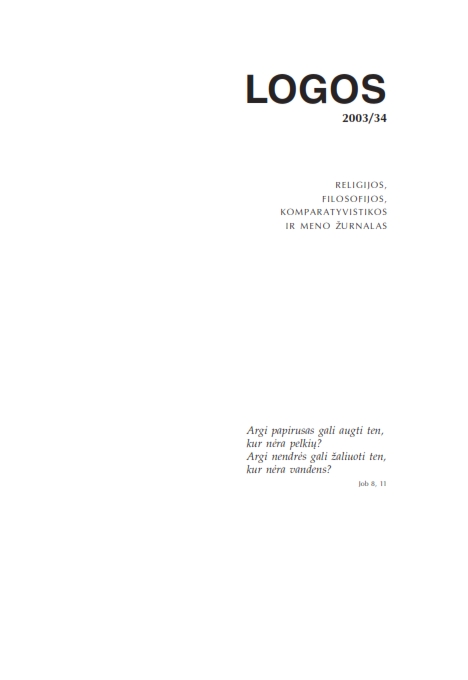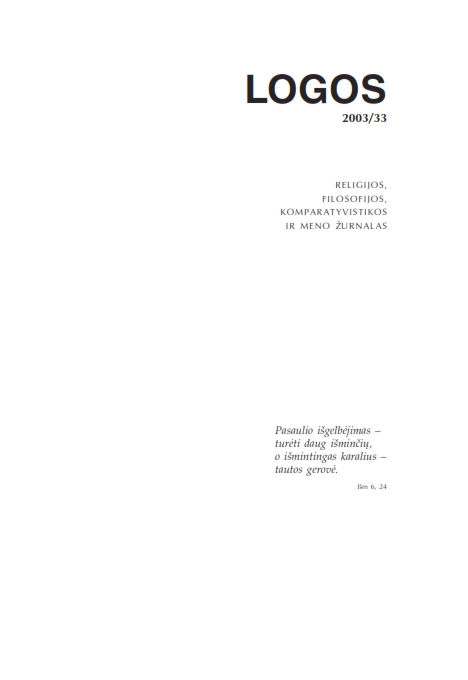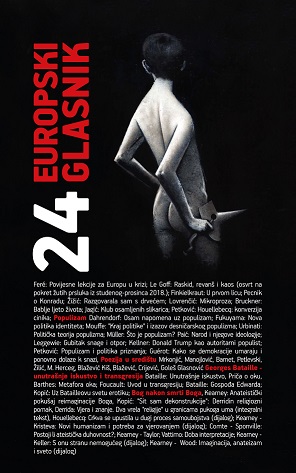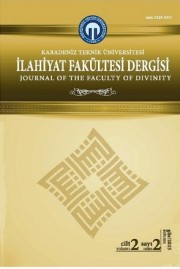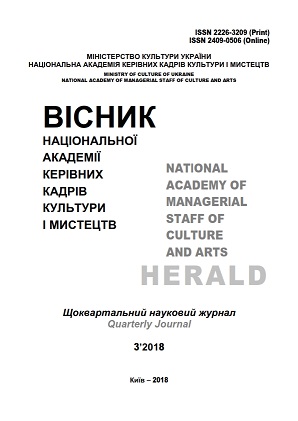Author(s): Paul Coates / Language(s): English
Issue: 6/2018
Following the recent death of Andrzej Wajda, a reconsideration of his work is timely, and all the more so because he provides a reference point for many East Central European cinéastes. Thus this article uses his work as a main switching point between meditations on the issues his films raise. It theorises the status accorded History in them, and in Marxism in general, in relation to Walter Benjamin’s work on allegory and ruin, as well as to questions of characterisation. Also considered is the degree and nature of existentialism’s influence on this cinema, with blockages of choice foregrounded as necessarily entailing a thematics of doubling, contradiction and masking, and a reworking of the meaning of accusations of ‘treachery’ that have been a leitmotif of oppressed cultures, particularly when – as in cinema – access to the means of production depends on real or apparent collaboration with state authorities. The particular meaning of certain delays in production will also be considered, as will certain figures from the Polish culture (this writer’s primary specialisation) with an obvious ‘Baltic connection’, i.e. a Lithuanian origin, such as Tadeusz Konwicki and Czesław Miłosz. The thematics of doubling will finally be related to notions of ruination and of a filmic language adequate to it, which it will be argued may be seen prototypically in ‘the Zone’, Chris Marker’s name for a particular method of image-presentation, named in homage to that great Soviet film shot in Estonia, Andrei Tarkovsky’s Stalker (Сталкер, Russia, 1979). To revert to the title of Wajda’s final film Afterimage (Powidoki, Poland, 2016), and invoke Miłosz also, the Zone may be called the native realm, not only melancholic but also surprisingly utopian, of the after-image that is the ruin.
More...

